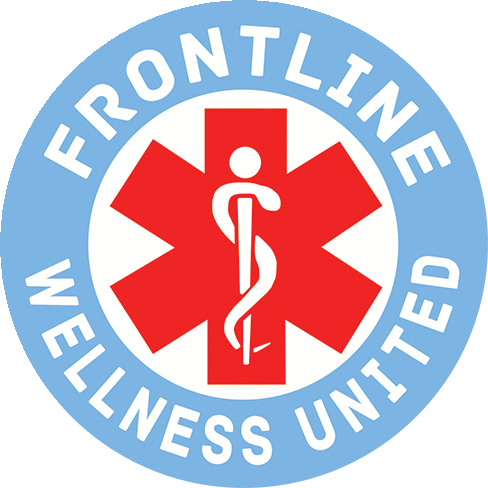We respect traditional health practitioners not just because we want to be ‘inclusive,’ but because they’re effective.
Research published this September in the journal Culture, Medicine, and Psychiatry, for example, notes that traditional practitioners are “crucial in reducing global mental health challenges."
By partnering with traditional healers in Kenya, practitioners found that up to 78 percent of patients showed reduction in symptoms of depression at 6 and 12 weeks after treatment began. (There's no mention, in relation to the reported outcomes, of anyone handing a patient a bottle of Zoloft and shouting "NEXT!")
There's good reason to believe that trust between a provider and a patient is an important part of healing, particularly with some forms of mental illness. Traditional healers are often integral, trusted members of a community, as opposed to some practitioners of Western medicine, who might 'go in' with both (allopathic) barrels blazing. Issuing orders, dispensing pharmaceuticals and such.
We're very big fans of science. Of logic, empirical evidence, standards of care ... But we also know that where wellness as a whole is concerned, we can't expect great outcomes in treatment by looking at people as if they were chemistry problems with deductibles. It takes more than pills (and sometimes it takes NO pills) to address the kinds of illnesses that separate us from one another. That isolate us, or disempower us.
For that kind of healing, we need practitioners who treat the human in us, not just the illness.

